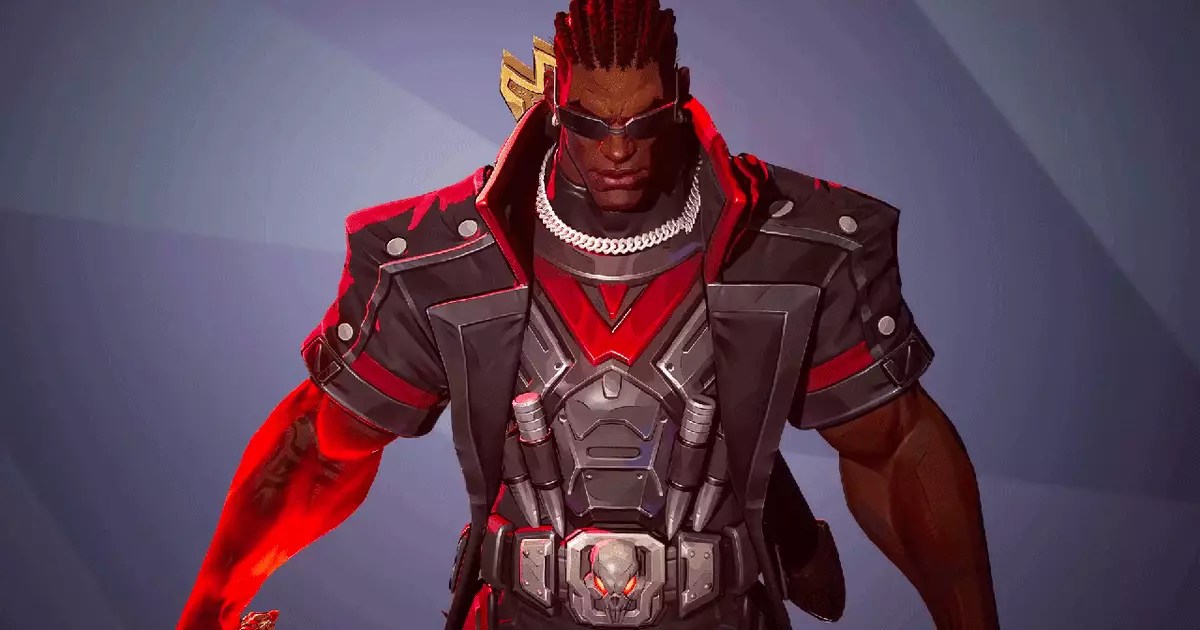In today’s competitive gaming landscape, the phenomenon of players dropping out mid-match has become a frustrating norm rather than an exception. The latest updates in popular titles like Marvel Rivals represent a significant pivot toward addressing this pervasive issue. Developers are deploying automated systems designed to distinguish genuine disconnection from malicious quitting—an effort that signals a newfound resolve to uphold integrity within online multiplayer ecosystems. However, this approach raises critical questions about the fairness, accuracy, and overall philosophy behind penalizing players for circumstances beyond their control.
The core intention here is commendable: to create a gaming environment where commitment and perseverance are rewarded, and disruptive behavior is swiftly curtailed. Yet, the mechanisms employed—numerical thresholds for timing, penalties scaled by frequency of offenses—inject a complexity that might ultimately undermine the very civility they aim to promote. For example, a player experiencing a sudden power outage or needing urgent medical attention is penalized just as harshly as a toxic player rage-quitting in frustration. In such cases, the automated system becomes an imperfect judge, potentially punishing virtuous players caught in unforeseen circumstances, rather than malicious troublemakers.
The Arbitrary Edge of Algorithms and Gameplay Reality
The decision to set specific time windows—such as 70 seconds for disconnection during match loading or hero selection—is rooted in attempting a balance between fairness and enforcement efficiency. But underlying these rigid cut-offs are assumptions that may not reflect the real, unpredictable nature of human life. Why is 70 seconds deemed sufficient to judge whether a disconnection stems from an emergency or simply bad sportsmanship? Is it enough time to allow a player to tend to an injured family member or to handle urgent real-life responsibilities?
Furthermore, the system attempts to quantify player reliability using a series of escalating penalties that are, in essence, just numbers on a screen. These metrics assume that each disconnection or AFK incident is an indicator of bad faith. But human behavior—especially in the high-stakes, emotionally charged environment of online matches—rarely conforms to such neat, numeric patterns. An angry shout or an external emergency can easily be misinterpreted as neglect or contempt. In this context, the algorithm acts more as a vindictive arbiter than a fair umpire.
The Question of Human Complexity Versus Algorithmic Justice
Rather than blindly trusting automated systems, a more nuanced approach would acknowledge the complexity of human situations. Consider the player who leaves temporarily to address a household crisis or help a friend in distress; immediately penalizing such actions seems not only unjust but counterproductive. The rigidity of current thresholds ignores the fact that players are multifaceted beings affected by a broad spectrum of life circumstances that no algorithm can accurately gauge.
A more compassionate model would incorporate community reporting, player appeals, or even probabilistic assessments that weigh context before issuing bans or penalties. While this adds complexity, it respects human unpredictability and preserves the core values of sportsmanship—trust, understanding, and fairness. After all, competitive integrity isn’t solely about punishing malice; it’s about recognizing and safeguarding genuine effort and resilience, especially in an environment as dynamic and unpredictable as online gaming.
Rethinking the Digital Justice System
The push for automated discipline systems reveals an inherent tension in modern game development: how to enforce fair play without alienating honest players. Ultimately, reliance on algorithms powered by static thresholds and numerical data risks creating a sanitized, robotic gaming space devoid of empathy. Games are social arenas, and players’ behaviors are often influenced by external factors beyond the screen.
Developers must therefore ask themselves: can we design systems that are both effective and humane? Is it enough to punish early disconnects with escalating bans, or should we also foster a sense of community accountability and support? The challenge lies in balancing technological tools with human judgment, ensuring that justice isn’t reduced to cold numbers but remains rooted in understanding.
As the gaming community evolves, so too must its notions of fairness. Simply penalizing players for disconnecting, with little regard for reason or context, risks creating a toxic environment where players hesitate to engage fully, fearing unwarranted punishment. Instead, embracing transparency, flexibility, and compassion could lead to a healthier, more inclusive gaming future—one where the fight for fairness doesn’t become a war of algorithms against human nature.


Leave a Reply